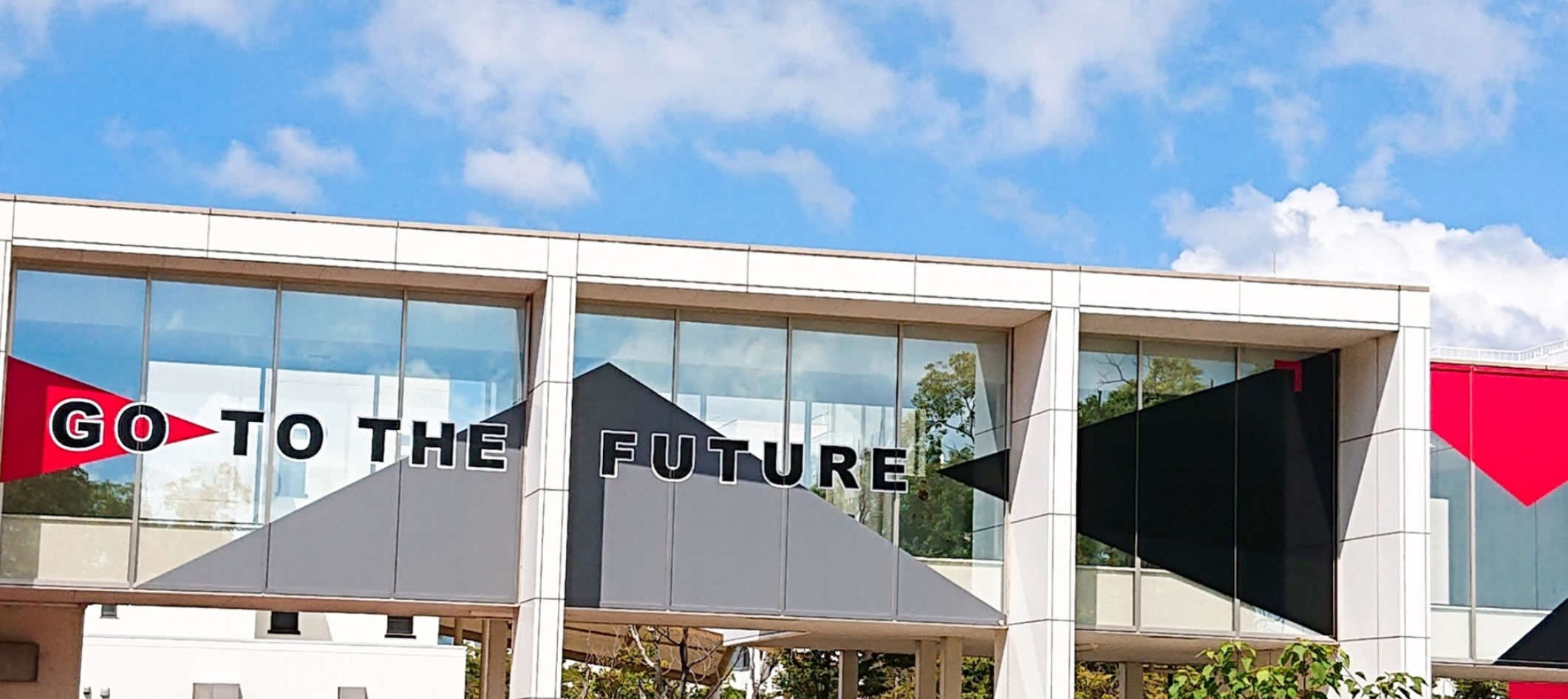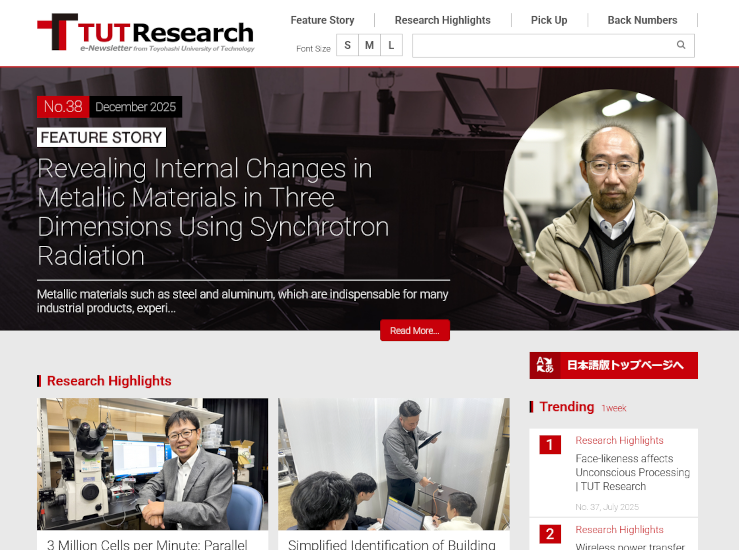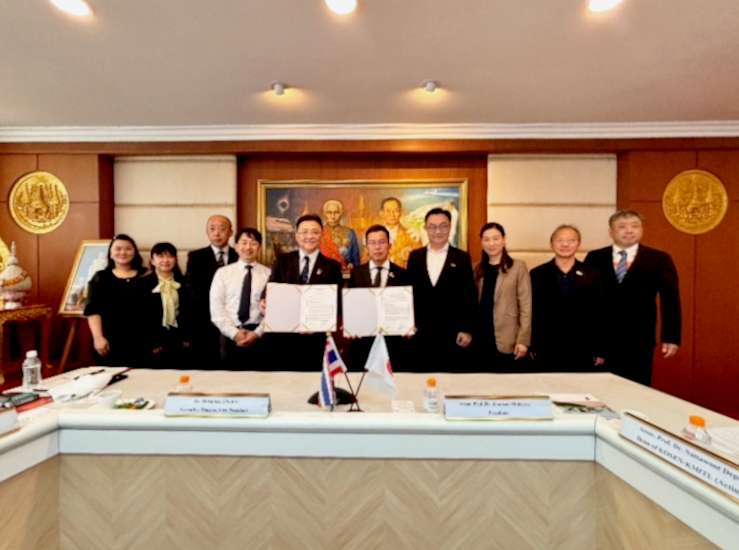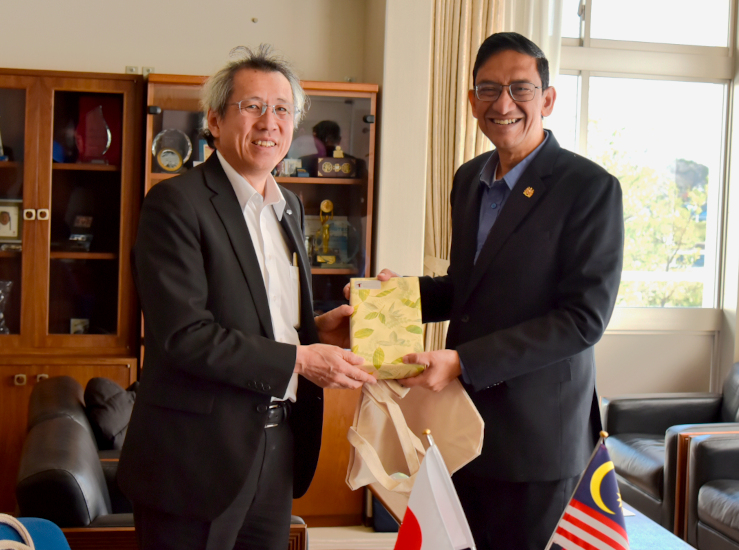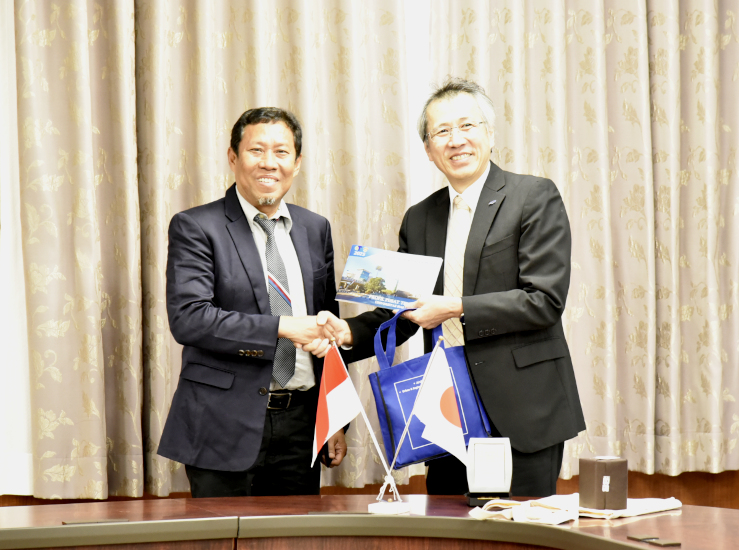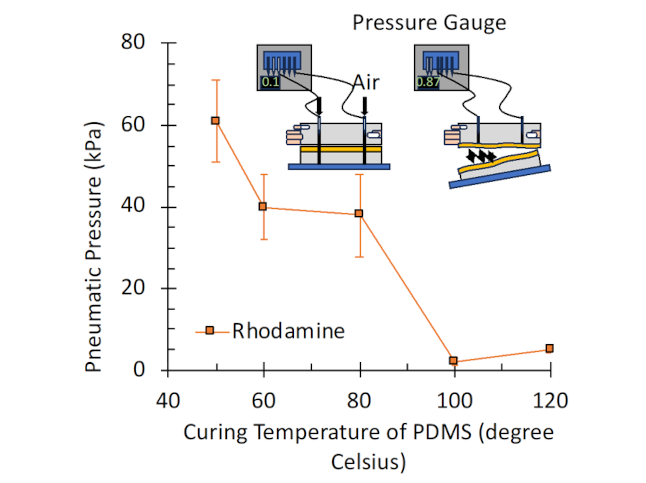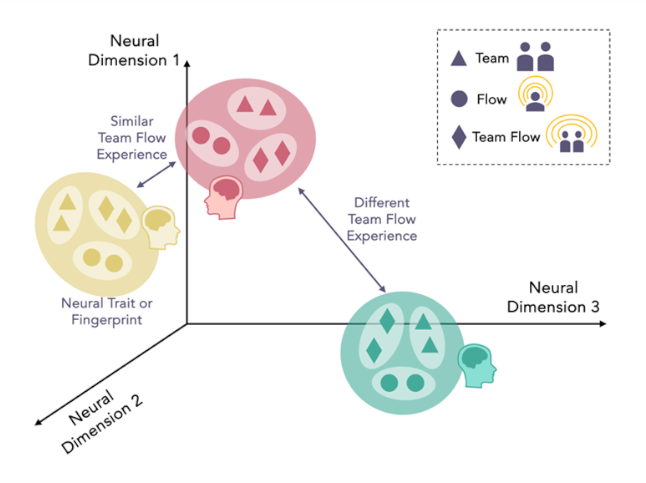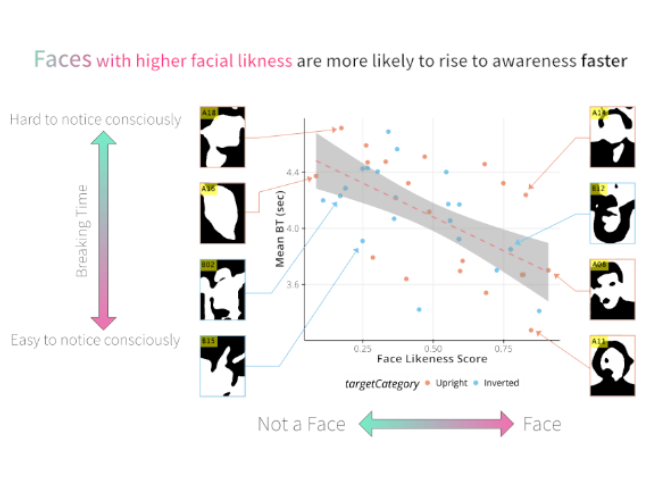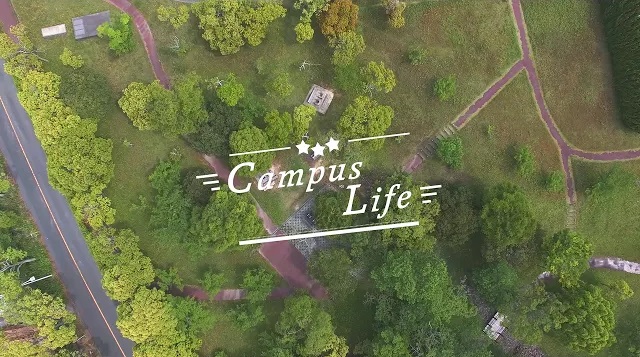
Pick UP
Press release
We are TUT
Research
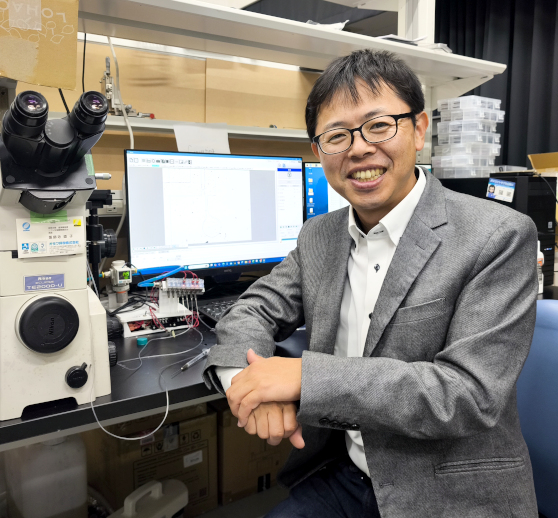
3 Million Cells per Minute: Parallel Microdevice with AI-Powered Single-Cell Analysis
Nagai Moeto
Professor, Institute for Research on Next-generation Semiconductor and Sensing Science
Researchers at the Indian Institute of Technology (IIT) Madras and Toyohashi University of Technology (TUT) have developed an integrated platform that advances both fronts simultaneously. The platform combines two modules: a massively parallel through‑hole cell‑squeezing mechanoporation device for high‑throughput intracellular delivery, and an automated single‑cell image‑cytometry pipeline built on Mask R‑CNN.

